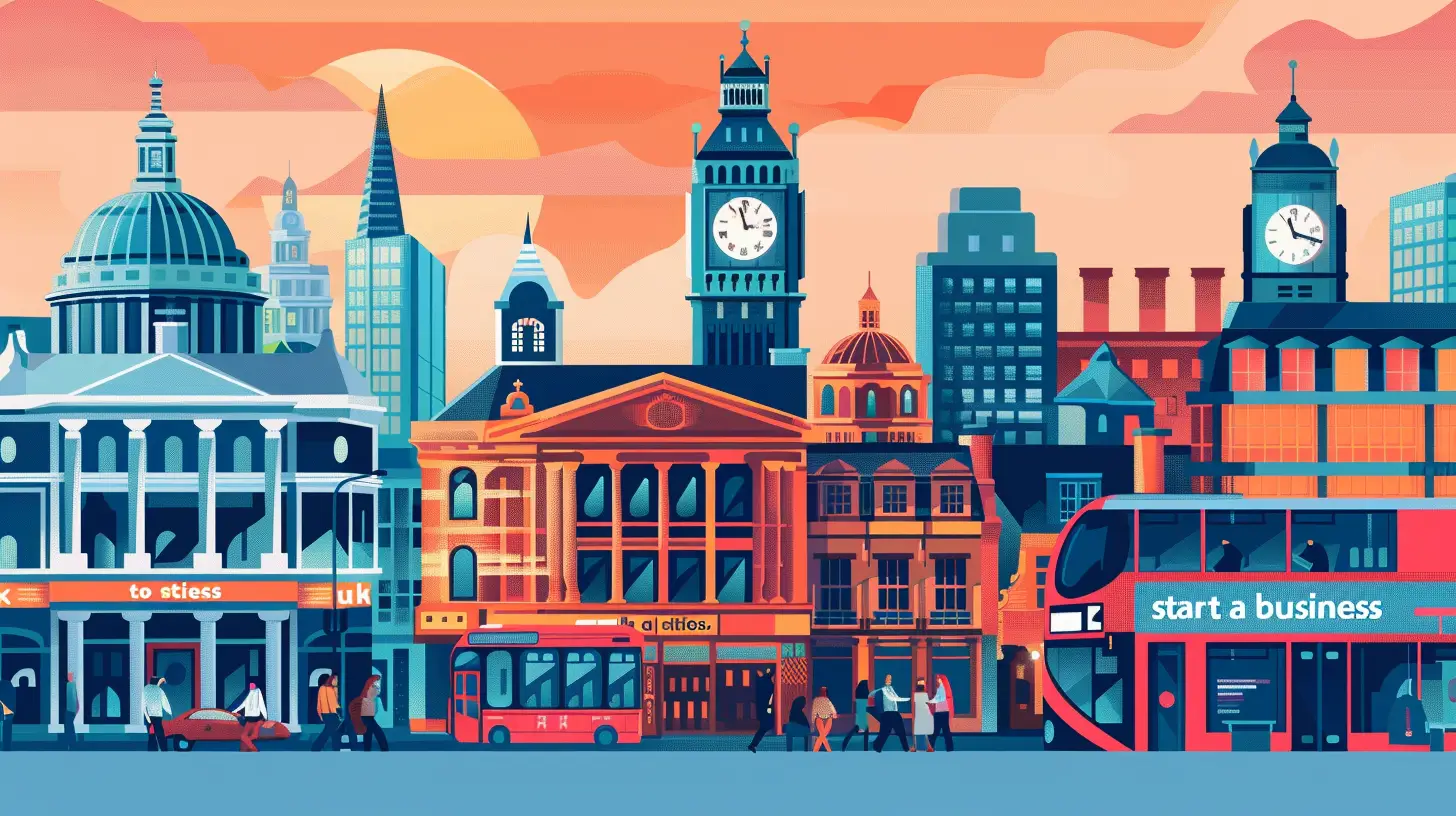Interest rates are an integral part of the financial system. But they are often considered a daunting and confusing topic. In this post, founder and CEO of 1st Formations, Graeme Donnelly unpacks what interest rates are and how they impact inflation.
Let’s get started.
What are interest rates?
When you are borrowing money, an interest rate tells you how high the cost of borrowing is. When you save money, an interest rate indicates how high the rewards of saving are.
Borrowing money
Whenever you borrow money, you will typically be expected to pay back not only the amount you borrowed (known as the principal) but also an additional amount, called interest, which compensates the lender for the use of their money. The interest rate is expressed as a percentage of the total amount of the loan. The higher the percentage, the more you will need to pay back.
Saving money
In terms of when you are saving money, interest refers to the amount of money a bank or other financial institution pays you for keeping money with them. When you deposit money in a savings account, the bank uses your funds to make loans and investments, and in return, they pay you interest on your balance. The higher the savings rate, the more interest will be paid into your account.
Who sets the interest rate?
The Monetary Policy Committee (MPC) of the Bank of England are responsible for setting the UK’s official interest rate, known as the ‘Bank Rate’ or sometimes referred to as the ‘Bank of England Base Rate’.
The Bank Rate serves as a benchmark for other interest rates in the economy, including the lending and savings rates offered by high street banks and building societies on things like mortgages and personal loans.
The committee reviews the Bank Rate eight times a year, which equates to around every six weeks. However, this does not necessarily mean the rate will change each time – in fact, it can stay the same for several years. At the time of writing, the last interest rate rise was in February 2022.
Changes in the Bank Rate can have a ripple effect throughout the economy, influencing borrowing and spending behaviour and affecting the cost of credit and the return on savings.
To help keep things in check, the Government sets the Bank of England an inflation target to help guide their decision. The ultimate purpose of these committee reviews is to help regulate inflation.
What is inflation?
Inflation is a term everyone has probably heard a lot of lately. It is used to describe the overall increase in the price of goods and services in an economy over a period of time, typically represented as a percentage. It can also translate to a decrease in the purchasing power of a currency over time.
In other words, inflation is a reflection of the state of the economy and one of the main factors as to why the Bank Rate is subject to fluctuate.
Inflation is caused by a variety of factors such as an increase in the supply of money in circulation, a rise in production costs, or an increase in demand for goods and services.
When inflation is too high, it can have a series of negative effects, such as reducing the purchasing power of individuals, eroding savings, and creating uncertainty and instability in the economy. On the other hand, when inflation is too low, it can lead to economic stagnation and even deflation, which can also have negative consequences. Therefore, the MPC and UK Government try to maintain a stable level of inflation that is neither too high nor too low.
How is inflation measured?
Usually, economists will calculate the current inflation rate by comparing the cost of things today with how much they cost a year ago, to see how much price levels have risen or fallen over time.
This most commonly used measure of inflation is known as the consumer price index (CPI), which denotes the price of a weighted average market basket of consumer goods and services typically purchased by households.
Another measure for calculating inflation is the retail prices index (RPI) which not only calculates the average basket of goods and services but also takes into account mortgage interest payments.
As an example, the latest figure for CPI was 10.1% in January, down from 10.5% in December 2022, while the RPI inflation rate was 13.4%.
How do rising interest rates impact inflation?
To combat rising inflation, the Bank of England may increase the country’s Bank Rate. This makes it more costly to borrow money, and has a number of consequences:
Decreased demand: As it becomes more expensive to borrow money, people and businesses refrain from spending, in turn lowering the demand for products and services.
Increased savings: Higher rates of interest incentivise people to save more, in a bid to earn higher returns on their savings – which again decreases demand for products and services.
Lower prices: As demand for products and services declines, retailers are often triggered to cut the costs of their goods to encourage people to buy more.
Appreciation of the currency: Higher interest rates can make a currency more attractive to foreign investors, which can lead to an increase in demand for the currency and an appreciation of its value. This can make imported goods cheaper, which can help to lower inflation.
What happens when interest rates fall?
Conversely, when interest rates fall, the opposite occurs – purchasing power declines and
economic sustainability can be undermined:
Increased borrowing and demand: Lower interest rates make it cheaper to borrow money, which can encourage people and businesses to spend more. This surge in spending can lead to a rise in the demand for goods and services, causing prices to spike and inflation to rise.
Weaker currency: Lower interest rates can make a currency less attractive to foreign investors, which can lead to a depreciation of its value. This can make imported goods more expensive, which can again contribute to higher inflation.
How does inflation impact business?
Inflation can pose significant challenges for businesses, particularly for smaller firms with fewer resources and less flexibility to adapt to turbulent economic conditions.
Accelerated demand can cause major supply pressures as businesses are forced to pay more for materials and stock, as well as contending with increased shipping costs and times, and supply shortages.
As inflation rises, businesses may also face increased pressure from staff requesting pay rises to keep up with the cost of living. This can cause financial strain, making it difficult to retain employees and increasing the likelihood of redundancies.
So how can your business tackle rising inflation?
As a business, there are a few steps you can take to tackle rising inflation:
1. Regularly review pricing and costs
Adjust your pricing strategies, as required, to keep up with rising costs. This might involve passing on some of the cost increases to customers through careful price increases or finding ways to offer more value to customers without raising prices, such as through loyalty schemes or bundling products and services.
You can also make efforts to negotiate better pricing with suppliers, find ways to reduce waste or improve efficiency and explore alternative sources of inputs.
2. Be flexible with plans
The pandemic has taught us all the importance of flexibility. Businesses need to incorporate as much agility as possible into their planning and forecasting, recognising that they’ll need constant review and regular updates throughout the year.
3. Identify ways to boost productivity
Improving productivity and becoming more streamlined in your processes can help to offset the impact of inflation. Look for ways to optimise internal systems and boost efficiency throughout the business. This may mean investing in new technology or simply reorganising workflow.
So, there you have it, interest rates and their impact on inflation can be a complex matter but we hope this blog helped to provide some clarification.
About Graeme Donnelly
Graeme Donnelly, Founder and CEO of 1st Formations, is passionate about business and in particular – new start business. Graeme has been at the forefront of developing new and innovative business products for startups and SMEs for the last 18 years, in his role as CEO of Blue Square Virtual Offices and 1st Formations. In his spare time, Graeme is a keen cyclist, Instagrammer and dog owner.











